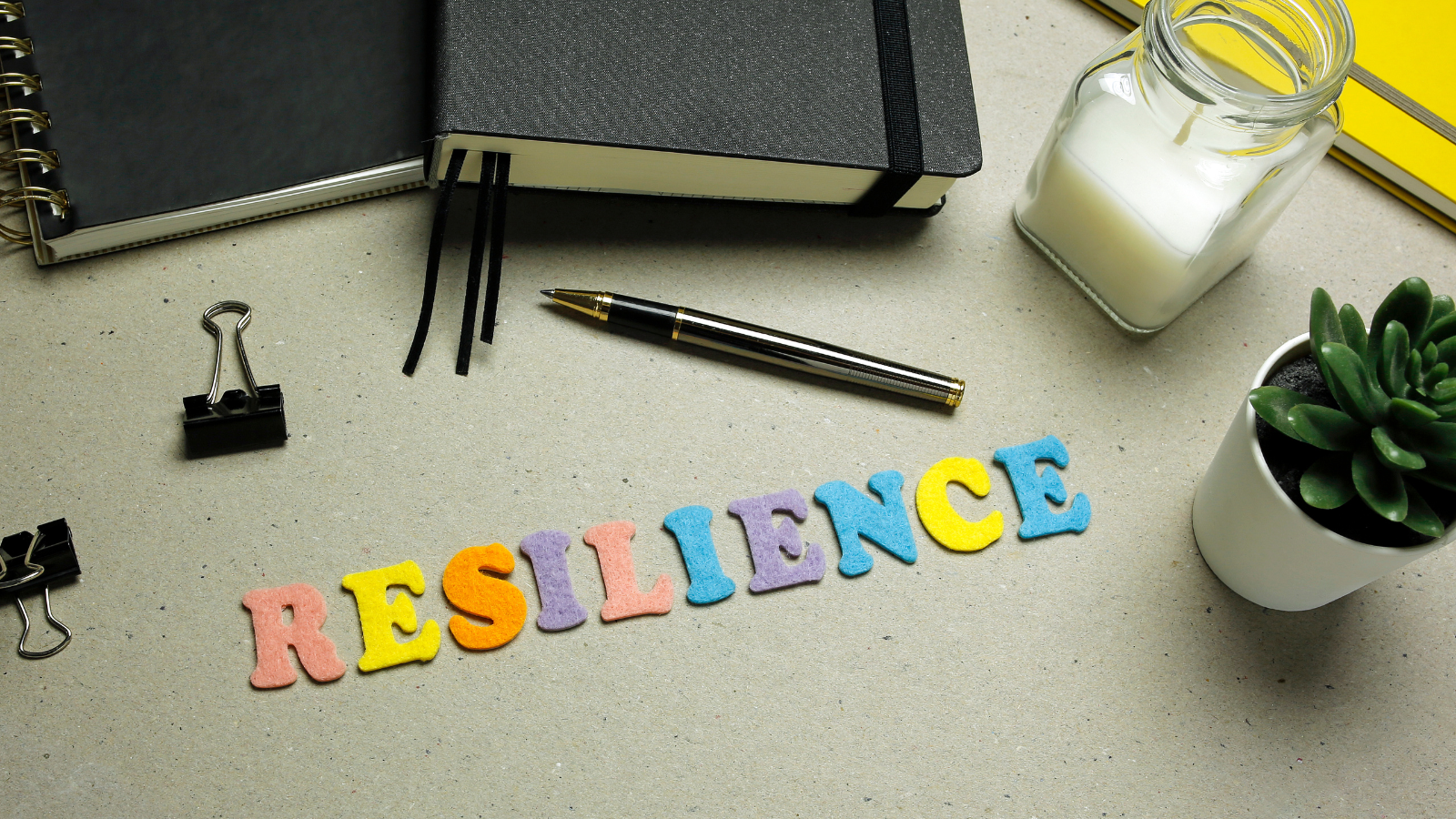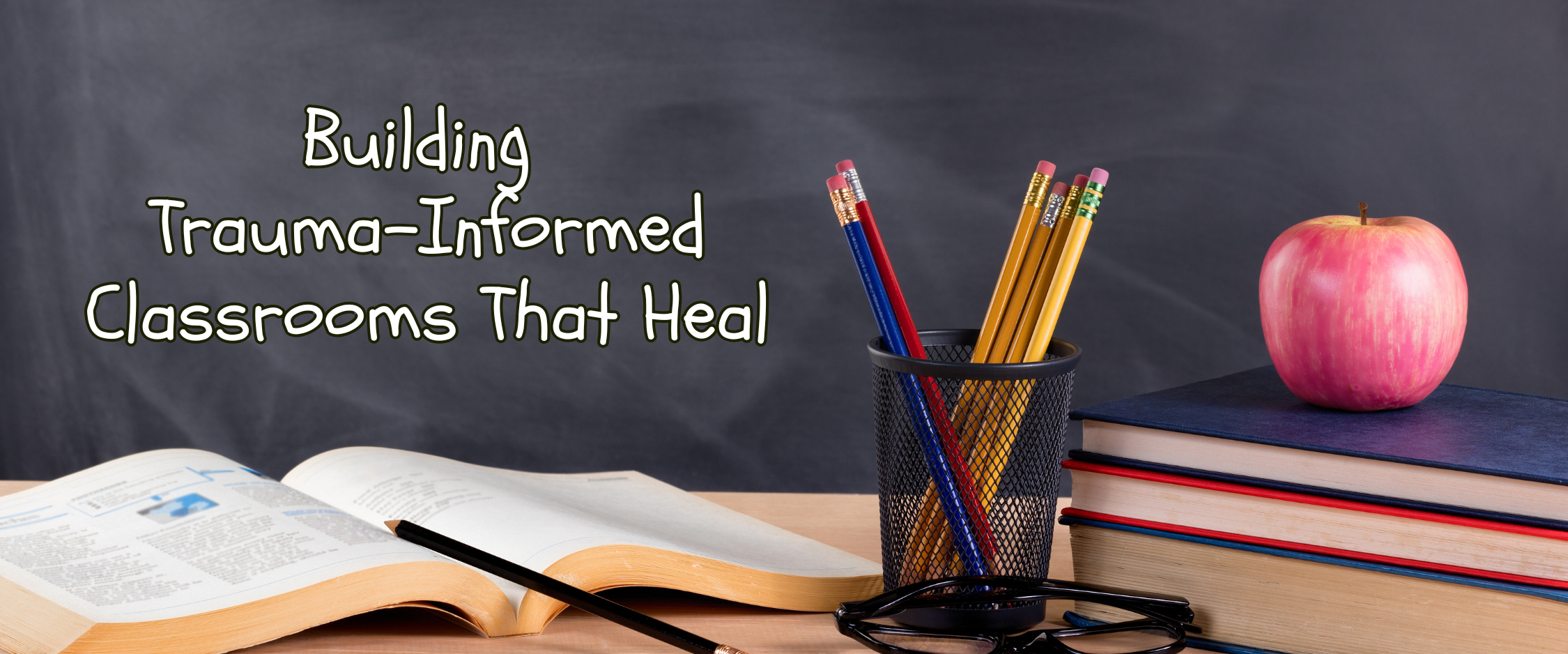In today’s fast-paced and often chaotic world, emotional stressors can come from all directions. From celebrity drama (like the ongoing P. Diddy case and Tory Lanez controversy) to complex relationships in the public eye (such as DDG and Halle Bailey’s issues), and even the broader political climate and economic uncertainties, it’s easy to feel overwhelmed. Add to that the financial stress caused by rising tariffs, inflation, and economic instability, and it’s no wonder that so many people are experiencing heightened anxiety and emotional turmoil.
Managing emotions during these times is essential for maintaining mental and emotional well-being. In this blog post, we’ll explore how to cope with stress, stay grounded, and protect yourself from emotional triggers, all while remaining informed and engaged with the world around you.
Understanding the Emotional Toll of Current Events
Our minds are constantly exposed to stimuli that can provoke intense emotions, especially when we are constantly bombarded by news cycles and social media. Events like the P. Diddy case or Tory Lanez’s legal battles can stir strong feelings of injustice, anger, or disappointment. Similarly, the personal lives of celebrities like DDG and Halle Bailey are often splashed across media outlets, creating a sense of emotional drama and uncertainty for those who follow them.
On a broader scale, the political climate, particularly with the divisiveness in U.S. politics and the global economic stress from tariffs and inflation, can feel unsettling. These factors are often linked to feelings of helplessness and frustration. It’s important to recognize that these events, although impactful, don’t have to dictate your emotional state.

Tips for Staying Grounded During High-Stress Events
- Acknowledge Your Feelings
When you encounter emotionally charged news or conversations, the first step is acknowledging your emotions. It’s okay to feel angry, upset, or frustrated – these are natural reactions to the world around us. However, allowing these emotions to overwhelm you can take a toll on your mental health. Take a moment to identify how you feel and why, so you can process these emotions in a healthy way.
- Practice Mindfulness
Mindfulness techniques, such as deep breathing, meditation, or guided relaxation, can help you regain control of your emotional state. Taking a few minutes to focus on your breath or engage in grounding exercises can calm your nervous system and give you space to respond thoughtfully rather than react impulsively.
- Limit Your Media Consumption
While staying informed is important, it’s equally crucial to recognize when the constant barrage of information is negatively impacting your emotional health. Set boundaries for how much news you consume daily, and take breaks from social media. Constantly revisiting dramatic stories or high-stakes news cycles can keep your mind in a heightened state of stress. Limiting exposure helps you create a mental buffer.
- Disengage from Toxic Conversations
You don’t need to participate in every heated discussion, especially when it comes to topics that feel emotionally triggering. Whether it’s arguing about politics, celebrity drama, or economic policies, stepping away from emotionally charged conversations can protect your peace. If you find that these topics are causing stress, kindly disengage, and focus on subjects that bring you calm or joy.
- Protect Yourself from Triggers
It’s essential to identify what emotional triggers you have, especially when it comes to high-stress events. For instance, political debates or the latest celebrity controversy may trigger feelings of anger or anxiety. Once you identify these triggers, create a plan for how to handle them. This might involve turning off notifications, muting certain keywords on social media, or choosing to walk away from conversations that feel emotionally exhausting.
- Stay Informed, but Choose Your Sources Wisely
While it’s important to stay informed, it’s equally important to consume news from reliable and balanced sources. Seek out news outlets that offer fact-based reporting rather than sensationalism. Remember, it’s about maintaining awareness without getting overwhelmed. Taking breaks from the news and seeking out more positive or calming content can balance your emotional exposure.

Strategies for Emotional Resilience in a Stressful Society
Develop a Support System: Surround yourself with people who uplift and support you. Having a strong community can provide emotional safety and a sense of stability when external events seem overwhelming.
Engage in Self-Care Practices: Regular self-care, whether it’s exercise, journaling, or spending time with loved ones, is crucial for emotional resilience. It helps you recharge and face challenges with a clear mind.
Focus on What You Can Control: In times of uncertainty, focus on the aspects of your life that you can control. This might be your routine, how you engage with the world, or how you care for yourself.
Final Thoughts: Grounding Yourself in a Stressful World
While societal events, whether they involve public figures or political decisions, can be emotionally charged, it’s crucial to maintain perspective. The key is managing how these stressors affect you emotionally. Through mindful engagement with the news, self-awareness, and emotional resilience techniques, you can protect yourself from feeling overwhelmed and stay grounded in the face of adversity. Prioritize your well-being by creating a balance between staying informed and preserving your mental health.
If you’re struggling to manage your emotions or feel overwhelmed by current events, consider speaking with a mental health professional. Therapy can provide you with the tools and support to navigate life’s challenges in a healthy, grounded way.
Call to Action: If you’re seeking support or strategies to cope with stress, don’t hesitate to reach out. Our team of therapists is here to guide you through these turbulent times with compassion and understanding.



